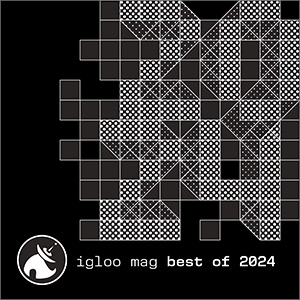Its dark ambience, quasi-Byzantine liturgy and deceptively simple structure have been inspired by Slavic culture, the Orthodox Church and the less sanguine aspect of Jesus, that of Christ Pantocrator, omnipotent judge of humanity. In each of the untitled remixes, the eight artists have composed thought-provoking exegeses on a profound canon.

[Release page] Krst is ambitious in both size and concept, constructed over several years by Serbian composer Slobodan Kajkut from Banja Luka (now residing in Austria) and the first to be released under his nom-de-musique Kajkyt. Its dark ambience, quasi-Byzantine liturgy and deceptively simple structure have been inspired by Slavic culture, the Orthodox Church and the less sanguine aspect of Jesus, that of Christ Pantocrator, omnipotent judge of humanity.
The first of its patiently-wrought movements opens with a low drone expanding in heft as a slow beat joins it, leads it, and then abandons it to allow the mind to pause for brief reflection before a more commanding, martial beat resumes the rhythm. The drone is a thing of great architectural beauty, pure and smooth in form. Blood-borne, a lone voice intones a chant based on Old Slavic but without literal meaning as the second movement begins, a vocal improvisation which luxuriates in the “beauty of the sound of the words and syllables,” to quote Kajkut. Behind it, the electronics remain subtle but airier and eventually more filigreed and as the song becomes more intense, the electronic ambience swells dramatically. In a powerful climax, the drone turns spiky, distorted and corrosive and the percussion brutally unforgiving. A squall of feedback and then an extended, evolving coda repeats the opening slow, low beat and drone with grander, more sacral bombination.
The “beauty of sound” is as good a summary of what Krst is about as any. This is neither a critique of the Church nor a celebration of it, but rather an examination of heritage, spirituality, and the physical pleasure of sound, inherited culture and legacy both embraced and held at arm’s length, mediated through the prism of contemporary cultural tools.
A year after the release of Krst, an iconostasis of remixes was unveiled on both vinyl and compact disc, featuring a veteran flank of dark sound magi including Lustmord, James Plotkin and KK Null, and a Central European wing featuring Goran Trajkoski, Opcion, Robert Lepenik, Kauders and Podrum. Each are given a quarter of an hour or upwards on Krst Remixes to prove their mettle. Lustmord’s begins with a grave, processional beat, only to quickly convert to Islam with the call to prayer of a meuzzin and a dubbed-out, dark-hop beat. Kauders pushes the original chant way up front, swathing it in an insidiously creeping rock band rhythm section, one that you just know going to explode at any moment, although when it does, it isn’t in the way you expected. Not the first time at least. Opcion’s foray limps like an undeterred cripple, advancing headfirst into an unrelenting gale of static. Lepenik keeps low to the ground, producing a lengthy, muffled drum program and bass rumble irregularly punctuated with a single, clear piano note, the only landmark on an otherwise foresaken but beautifully rolling, green plain.
James Plotkin turns the incantation inside-out before conducting a rough, dark, devilish mass. Podrum first conjures an ambience, airborne remnants of the service tarrying in the high, vaulted space, which eventually unfolds as a full blown phantom opera. KK Null nipponizes the piece, making bowls sing and gongs crash. Finally, Trajkoski recasts the performance as a musical narrative of Cecil B. DeMillean proportions.
In each of their untitled remixes, the eight artists have composed thought-provoking exegeses on a profound canon.
Both releases are available on God Records. [Release page]











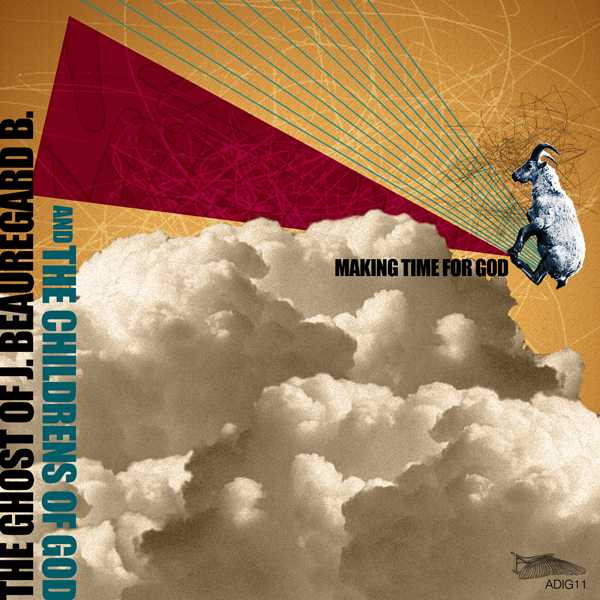
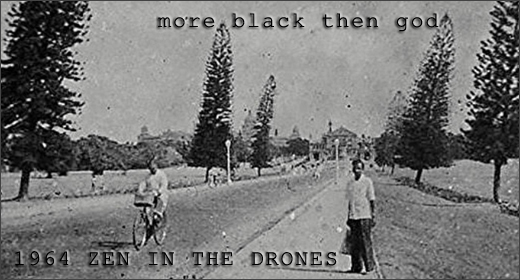
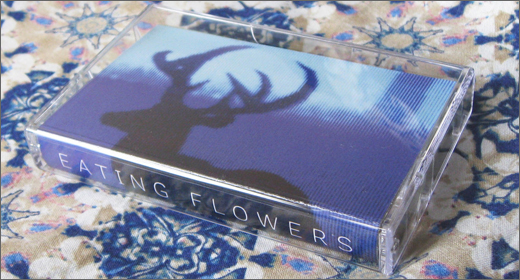
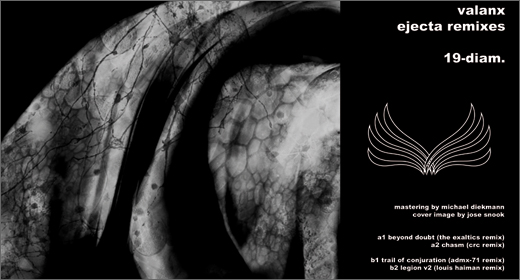
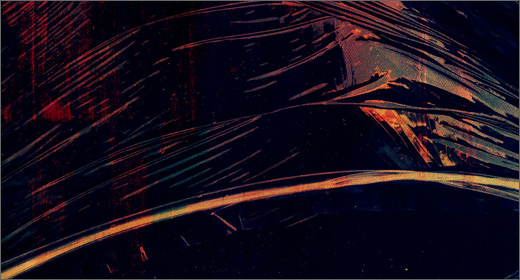



![Luke’s Anger :: Ceiling Walker EP (Love Love) — [concise]](https://igloomag.com/wp/wp-content/uploads/2025/04/lukes-anger-ceiling-walker-vinyl_feat-75x75.jpg)

![Ndorfik & madebyitself :: Solos EP (People Can Listen) — [concise]](https://igloomag.com/wp/wp-content/uploads/2025/04/ndorfik-madebyitself-solos_feat-75x75.jpg)




